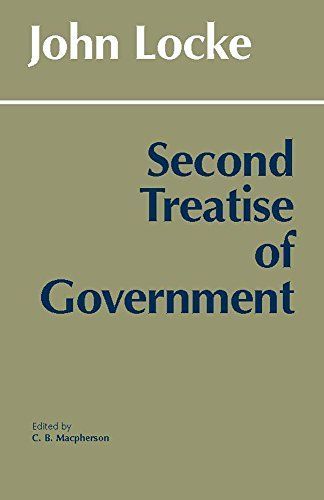
Second Treatise of Government
The central principles of what today is broadly known as political liberalism were made current in large part by Locke's "Second Treatise of Government" (1690). The principles of individual liberty, the rule of law, government by consent of the people, and the right to private property are taken for granted as fundamental to the human condition now. Most liberal theorists writing today look back to Locke as the source of their ideas. Some maintain that religious fundamentalism, "post-modernism," and socialism are today the only remaining ideological threats to liberalism. To the extent that this is true, these ideologies are ultimately attacks on the ideas that Locke, arguably more than any other, helped to make the universal vocabulary of political discourse.
Reviews
Annie Millman@anniemillman
Sophie Shrimpton@sinta
Nick Palmer@dettyharry
Sarah Sammis@pussreboots
Leila@akuakunin
Erhan Bilici@erhanblc
Marco Moraga@marcodecuadro
Skippy Sund@skippyofchaos
Maxence@maxencep
Beth Root@tartybee6198
Amanda Gilson@dinkycrow
Andrea Ordoñez @andreaovs
Merili Kibal@merilik
Valentina Cely@itsvalensweet